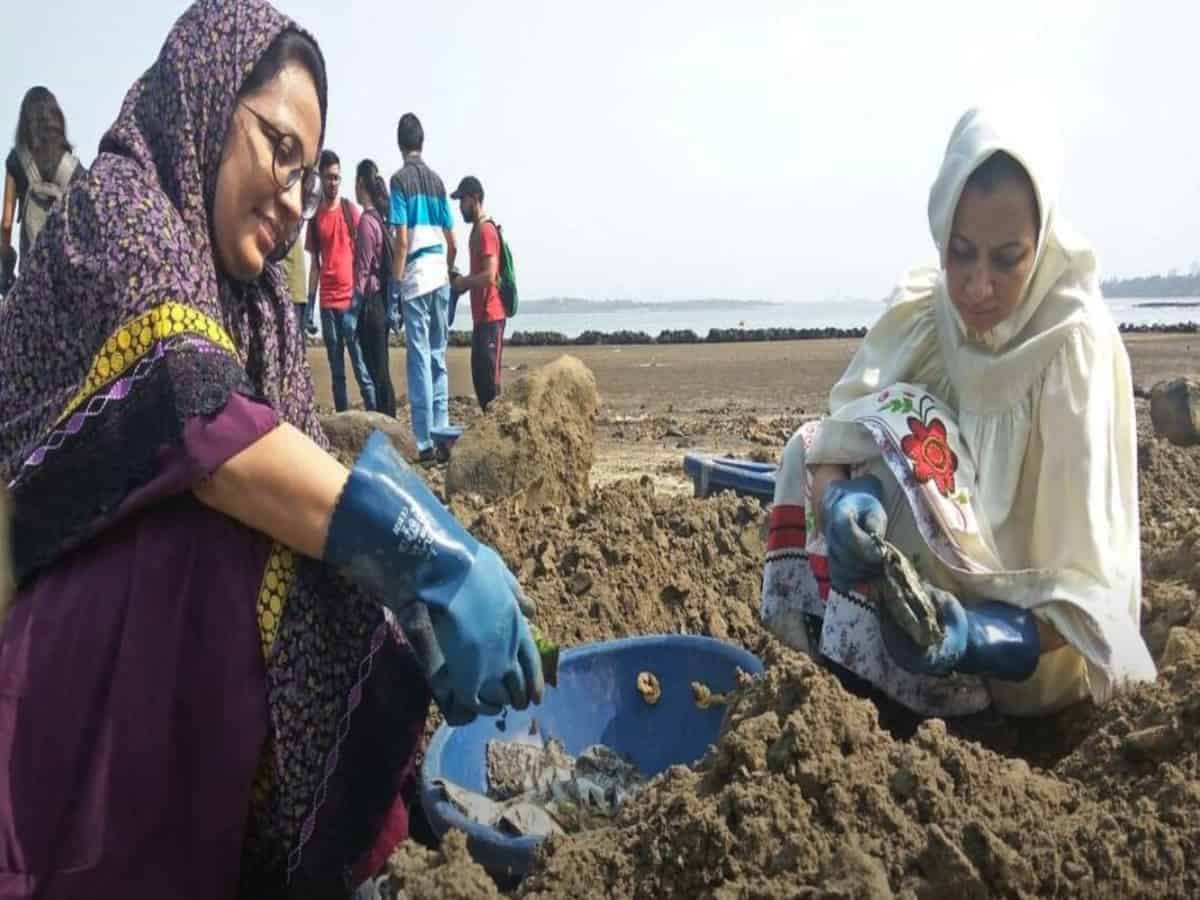Mumbai: Highlighting the disastrous effect of plastic pollution in the ocean and our lives, two primary teachers from Andheri goes door to door in Bhanderwada slums in Marol, Andheri every weekend to collect trash.
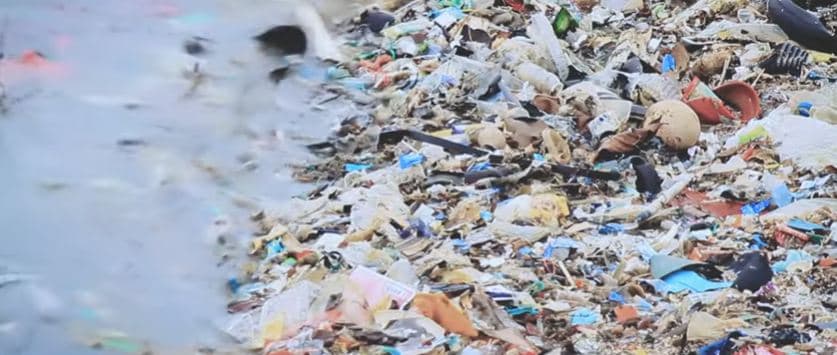
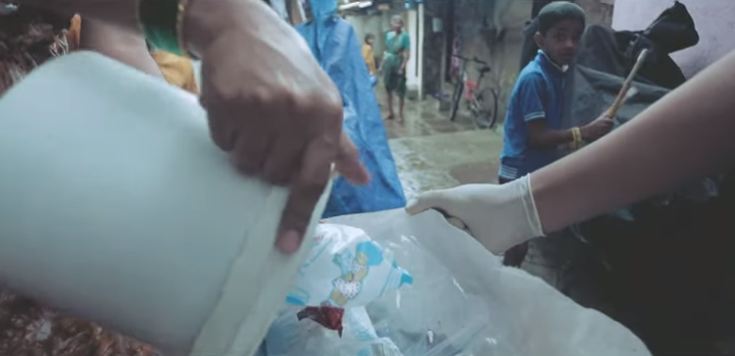
Farida Bhopalwala (39), Arwa Colombowala (39), two Dawoodi Bohra women have made it their mission to reach out to the nearby areas mostly homemakers, about the importance of waste segregation. They have been doing this for the last two years along with their family and fistful of other volunteers.
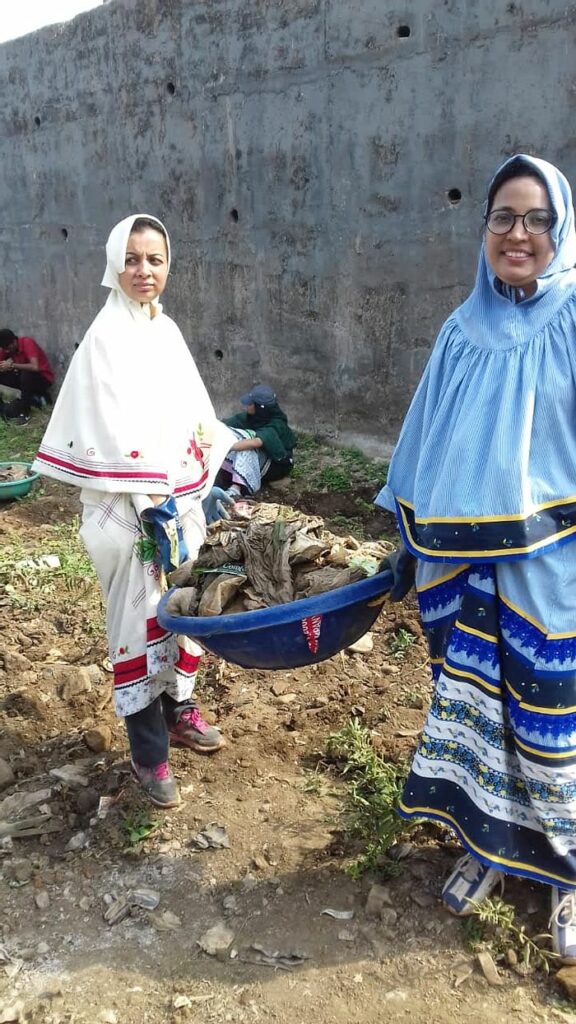
Taking the initiative ‘Turning the Tide — Against Plastic Pollution’ Arwa and Farida took it upon themselves to look deeper into the problem, research, and eradicate the very root cause of plastic menace in the city. The first thing they did was to start the initiative from their own households. They studied the process of plastic segregation and recycling and tied up with Bisleri — Bottles for Change initiative for recycling the plastic collected by them.
The duo and their volunteers managed to gather 300 kg of plastic waste in months before the lockdown. They plan to increase it additional and are working to cowl whole Bhandarwada slum, which roughly has 2500 households.
“We gathered in our masjid complex in Marol and reached out to other community members in the area and urged them to segregate plastic waste regularly. We installed bins in our society, where people drop plastic waste, which is collected by Bisleri every week for recycling. We are all responsible for plastic pollution, but by working together, we can turn the tide against plastic pollution,” Farida said.
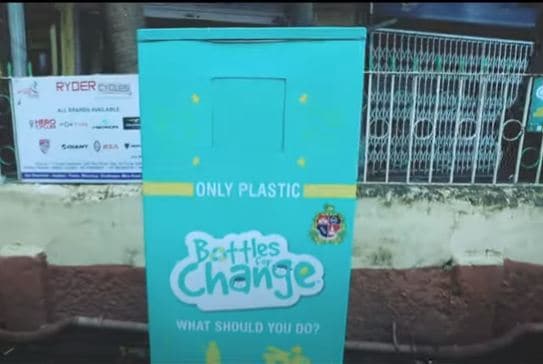
“It is very human to choose the easiest option available, throwing plastic in the dustbin along with other waste is our easiest option. The difficult one is to segregate plastic, clean it and dispose it off in a separate bin to be sent for recycling. Difficult, but beneficial for our future is what we thought. Plastic pollution is choking our marine ecosystem, wildlife, and human health and is also directly making an impact on our lives. It’s time we choose the difficult option and make it our habit,” said Arwa.

